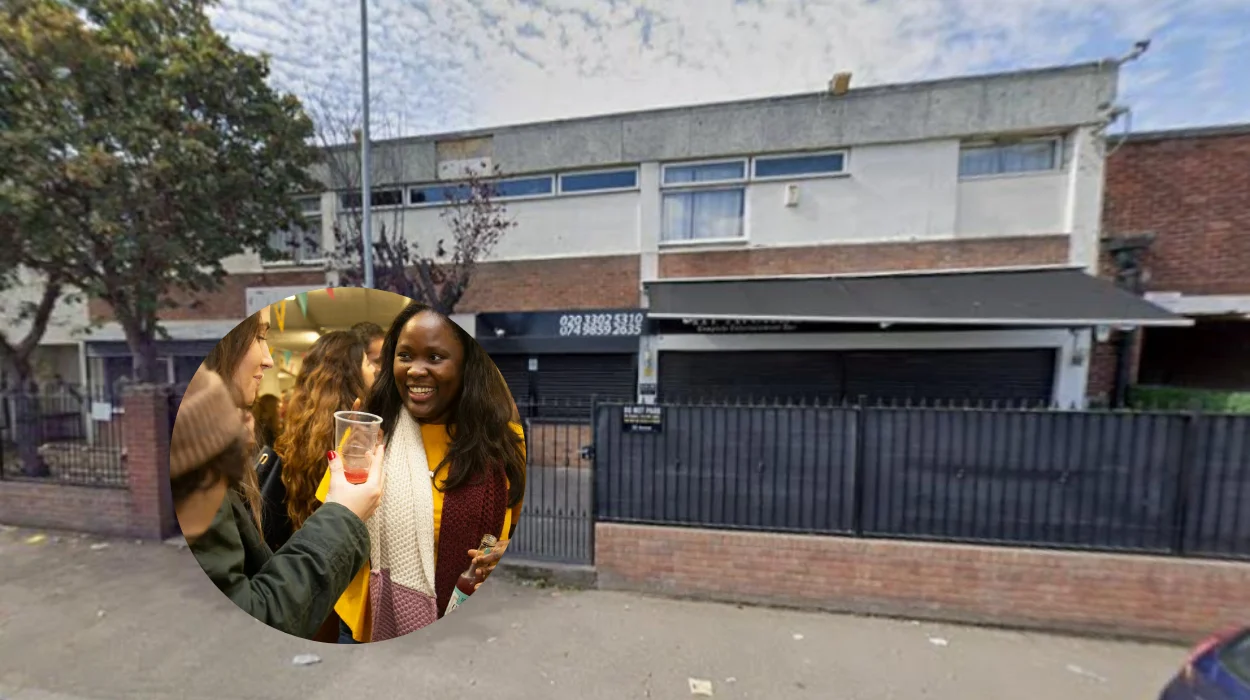Key Points
- Odogwu Cash & Carry Food Limited has applied for a new premises licence to sell alcohol at Unit 11, Midas Industrial Estate, Wantz Road, Dagenham RM10 8PS.
- The application was submitted to the London Borough of Barking and Dagenham on 25 September 2025.
- Proposed alcohol retail hours are 09:00–20:00 Monday to Saturday and 11:00–17:00 on Sundays for off-premises consumption.
- The licence application is governed by the Licensing Act 2003, and any false statements may result in an unlimited fine upon summary conviction.
- Representations from interested parties or responsible authorities must be submitted in writing within 28 consecutive days of the application date, with the deadline being 23 October 2025.
- Odogwu Cash & Carry Food Limited is a private limited company incorporated on 6 May 2025, with Cyril Ananwude serving as director.
- The company’s registered office is at the same address as the premises applying for the licence.
- The business operates under SIC codes 46390 (non-specialised wholesale of food, beverages and tobacco) and 47110 (retail sale in non-specialised stores with food, beverages or tobacco predominating).
- The public may inspect the full application free of charge at Barking Town Hall or by emailing.
Inverted Pyramid: Latest Developments First
Odogwu Cash & Carry Food Limited has formally applied for a premises licence to sell alcohol at its location on Wantz Road in Dagenham, marking a significant shift in its retail operations. As reported by the public notice portal, the application was submitted to the London Borough of Barking and Dagenham on 25 September 2025, initiating a 28-day consultation period during which objections or representations can be made. The proposed licence would allow the sale of alcohol for off-premises consumption from 09:00 to 20:00 Monday through Saturday and from 11:00 to 17:00 on Sundays. This development positions the business to expand its offerings to include alcoholic beverages, aligning with broader trends in cash and carry retail diversification.
- Key Points
- Inverted Pyramid: Latest Developments First
- What Is the Corporate Structure of Odogwu Cash & Carry Food Limited?
- How Does the Licensing Act 2003 Apply to This Case?
- When Will a Decision Be Made on the Licence Application?
- How Has the Council Handled Previous Alcohol Licence Requests?
- How Might the Sale of Alcohol Affect Dagenham Residents?
The application falls under the provisions of the Licensing Act 2003, which mandates strict compliance with legal and procedural requirements. According to the notice, it is an offence to knowingly or recklessly make false statements in connection with the application, with potential penalties including an unlimited fine upon summary conviction. The licensing authority has confirmed that the full application is available for public inspection at Barking Town Hall, Town Hall Square, Barking IG11 7LU, or via email request to licensing. This transparency ensures that local residents, community groups, and regulatory bodies can review the proposal and submit formal representations before the 23 October 2025 deadline.
What Is the Corporate Structure of Odogwu Cash & Carry Food Limited?
Odogwu Cash & Carry Food Limited is a private limited company incorporated on 6 May 2025, according to Companies House records. The company’s registered office is located at Unit 11, Midas Industrial Estate, Wantz Road, Dagenham, RM10 8PS—the same premises for which the alcohol licence is being sought. Cyril Ananwude, a British national born in December 1970, is listed as the sole director and was appointed on the date of incorporation. His occupation is recorded as “Business Person,” and his correspondence address matches the company’s registered office.
The company operates under two Standard Industrial Classification (SIC) codes: 46390 for non-specialised wholesale of food, beverages, and tobacco, and 47110 for retail sale in non-specialised stores where food, beverages, or tobacco predominate. This dual classification indicates that the business serves both wholesale and retail customers, a common model among cash and carry operators catering to ethnic food markets. While the company’s accounts are due by 6 February 2027, no financial filings have been submitted as of the latest update.
How Does the Licensing Act 2003 Apply to This Case?
The application is governed by the Licensing Act 2003, which establishes the legal framework for the sale and supply of alcohol in England and Wales. Under this legislation, any premises seeking to sell alcohol must obtain a premises licence from the local licensing authority—in this case, the London Borough of Barking and Dagenham. The act requires applicants to demonstrate how they will uphold the four licensing objectives: prevention of crime and disorder, public safety, prevention of public nuisance, and protection of children from harm.
As reported by the Tower Hamlets Council guidance, applicants must nominate a designated premises supervisor who holds a personal licence to sell alcohol. Every supply of alcohol must be made or authorised by such a licensed individual. The personal licence holder must have completed an accredited qualification, such as the Level 2 Award for Personal Licence Holders (APLH), and submitted a criminal record certificate issued within the last month. While the current public notice does not specify whether a designated premises supervisor has been named, this information would be included in the full application available for inspection.
When Will a Decision Be Made on the Licence Application?
The consultation period for the application runs from 25 September 2025 to 23 October 2025, during which time any interested party or responsible authority may submit written representations to the council’s licensing section. Responsible authorities include the police, environmental health, and fire and rescue services, all of which have the right to review the application and raise concerns. If no representations are made, the licence may be granted by default after the consultation period ends.
However, if representations are submitted, the matter may be referred to a licensing sub-committee for review. According to Barking and Dagenham Council’s licensing policy, the council expects all licence holders to trade responsibly, particularly by not selling alcohol to individuals who are visibly drunk. The committee would assess whether the proposed operating hours, staff training plans, and management structure adequately address the four licensing objectives before making a determination.
How Has the Council Handled Previous Alcohol Licence Requests?
While specific details of past decisions at the Midas Industrial Estate are not publicly available, the council’s general approach to licensing is outlined in its published policy documents. The London Borough of Barking and Dagenham has consistently emphasised responsible trading, particularly in areas with high foot traffic or proximity to residential zones. The council also requires applicants to demonstrate planning permission for any change in use, although this is typically not an issue for retail premises already operating as food stores.
In cases where objections are raised, the council has previously imposed conditions such as restricted opening hours, mandatory staff training, or the appointment of an independent premises manager. Given that Odogwu Cash & Carry operates in an industrial estate, the council may consider the impact on nearby businesses and transport links when evaluating the application. The outcome will depend on whether the applicant can demonstrate robust plans for preventing underage sales, managing noise, and ensuring public safety during operating hours.
How Might the Sale of Alcohol Affect Dagenham Residents?
The introduction of alcohol sales at a cash and carry outlet in Dagenham could have both economic and social implications. On one hand, it may increase convenience for local consumers and boost business for the retailer, particularly within the African and Caribbean communities that often rely on such stores for specialty goods. On the other hand, local authorities must weigh the potential for increased anti-social behaviour, particularly if alcohol is consumed in public spaces near the industrial estate.
Community feedback will play a crucial role in shaping the final decision. Residents and local organisations are encouraged to review the application and submit their views to licensing before the 23 October 2025 deadline. The council will consider all representations in light of the Licensing Act 2003’s four objectives, ensuring that any decision balances commercial interests with public welfare



